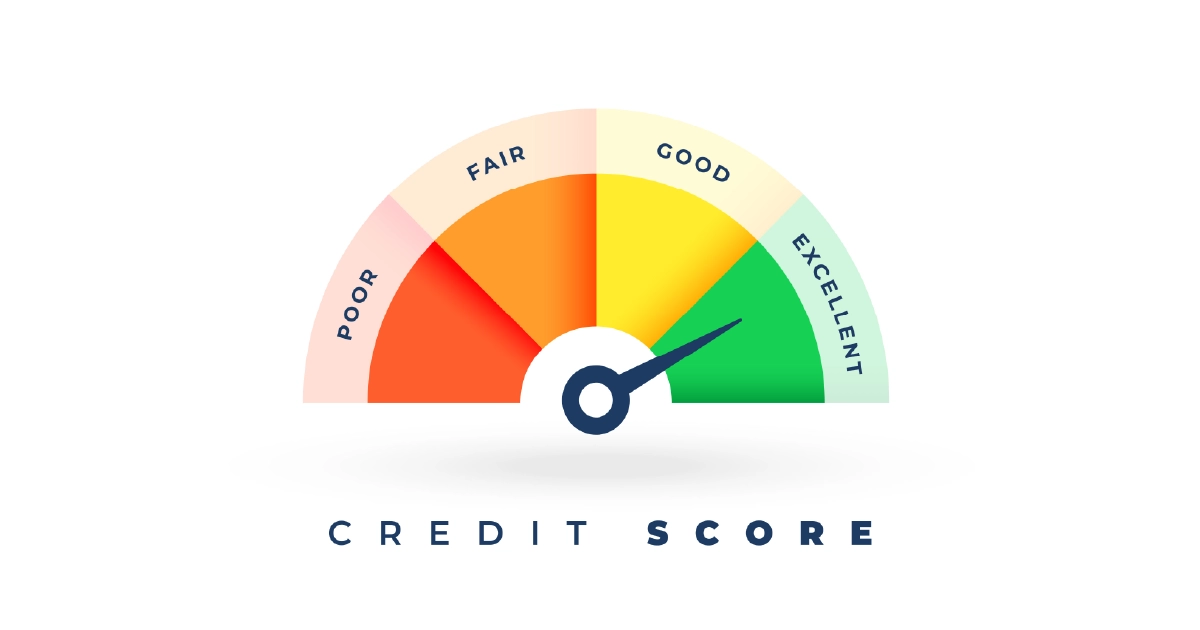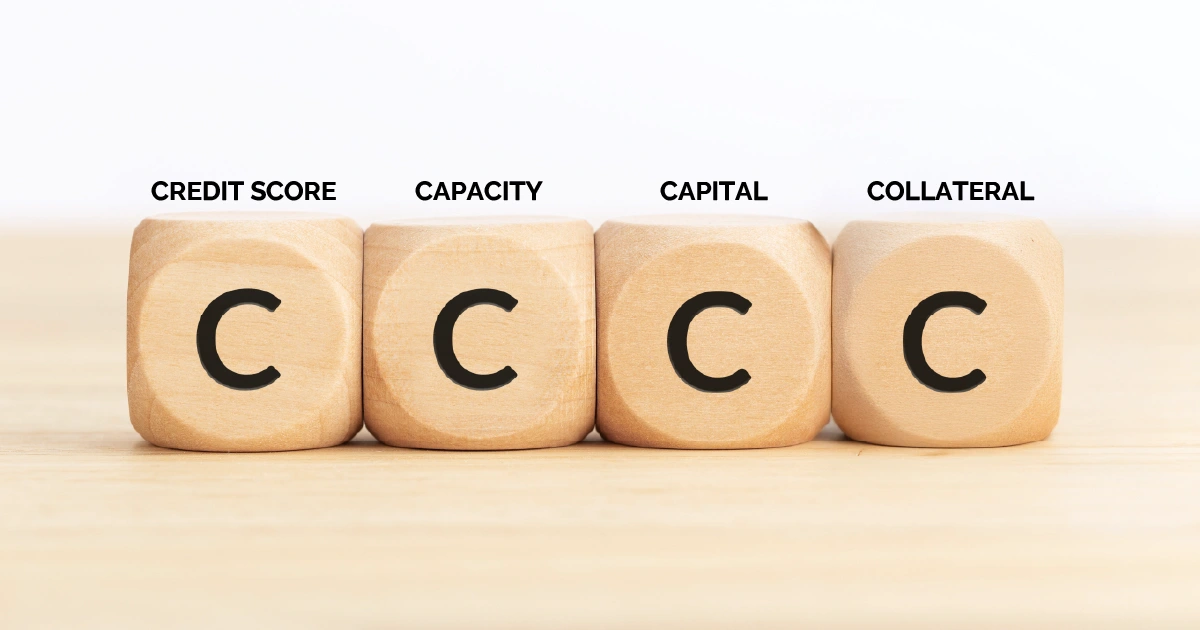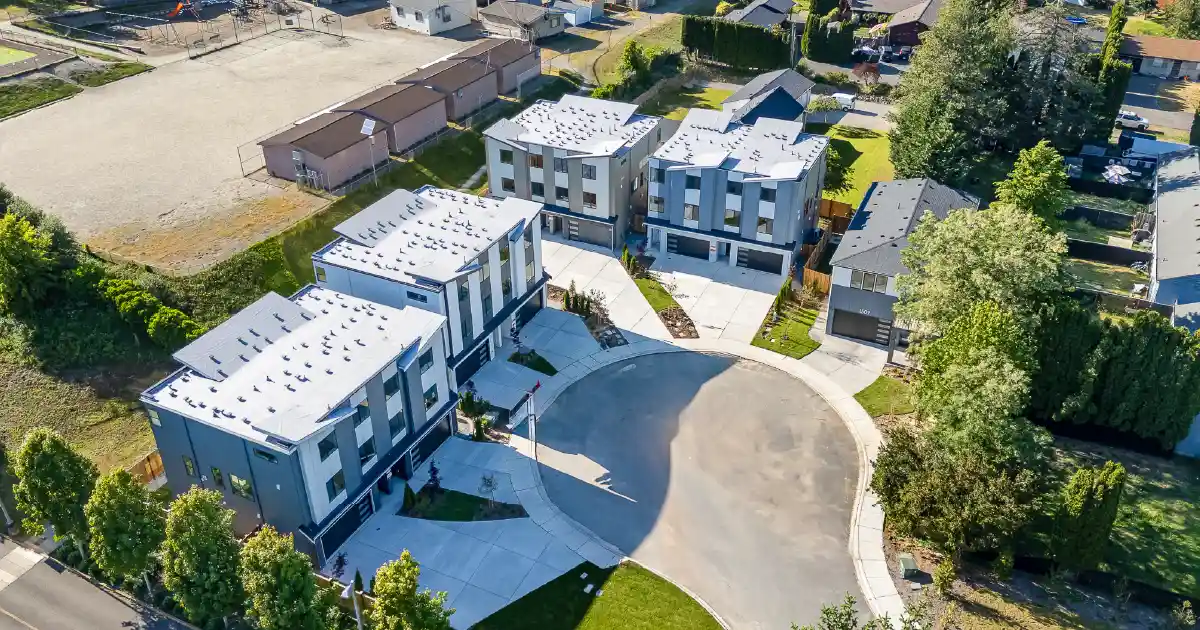One of the biggest financial milestones in life is buying a home. The first step in making your goal of a comfortable townhome, a big single-family home property, or your first starter home come true is to save for the down payment. A lot of new purchasers wonder, “How much do I need for a down payment?” It depends on the sort of property, what your lender needs, and how much money you have. No matter what the actual amount is, having a clear plan for saving for a down payment makes the whole thing less scary and more doable.
This guide will show you ten easy steps to help you save for a down payment. Along the way, we’ll also provide you useful ideas for buying a new house, a townhome, or a single-family home.
Step 1: Figure out how much you need for a down payment
You need to know what you want to save for before you start. The amount needed changes based on the type of loan and the property. FHA loans may only need 3.5% of the home’s buying price, while conventional loans may need 5% to 20%. Sometimes, VA and USDA loans don’t even need a down payment. For instance, a down payment on a $250,000 townhome may be anywhere from $8,750 (3.5%) to $50,000 (20%). A down payment on a single-family house could be larger because investment properties usually require 20–25%. Knowing these numbers can help you create a realistic savings target and keep you from being surprised later on.
Step 2: Make a plan to save for a down payment
Make your down payment a big financial objective, just like any other. A strategy to save for a down payment should include the amount you want to save, the time frame, and a monthly savings goal. For example, if you want to buy anything in three years and need $40,000, you’ll need to save around $1,100 a month. The process is less scary when you break it down into smaller parts. Seeing improvement every month keeps you motivated and helps you stick to your goals.
Step 3: Set up a separate savings account
One of the best ideas for new homebuyers who want to save for a down payment is to keep their savings separate from their regular expenditures. If you open a high-yield savings account or money market account just for your down payment, it will be harder for you to spend money that you want to use for your future home. Keeping this account separate and automating transfers every payday makes ensuring that things stay the same. It also makes it less tempting to use it for things that aren’t emergencies.
Step 4: Spend less on things that aren’t necessary.
You typically have to give up things to save for a down payment. Look over your monthly bills and see where you may save money. Eating out, streaming services, and shopping on a whim all add up rapidly. Putting that money into your down payment savings plan can make a significant difference. For instance, if you reduce $200 from your discretionary spending each month, you’ll save $2,400 a year. That’s $7,200 over three years, which is enough to cover closing expenses or add to your down payment.
Step 5: Make more money from more sources
Sometimes cutting costs isn’t enough, and making more money speeds your savings. You may do freelance work, work part-time, or sell things you don’t need online. Look into ways to make money without working, such tutoring, consulting, or selling digital goods. An extra $500 a month can cut years off the time it takes to save up. The sooner you meet your down payment goal, the faster you can make more money.
Step 6: Pay off debt and raise your credit score.
Your down payment is just one part of the puzzle. Lenders also check your credit score and debt-to-income ratio. Paying off credit cards with high interest rates, not taking out new loans while saving, and checking your credit report for mistakes are all wise things to do. If you have better credit, you may be able to get lower interest rates, which can cut your monthly mortgage payments and give you more money to save. This step not only helps you save money, but it also makes you a better borrower.
Step 7: Look into programs that can help you.
Many governments, towns, and NGOs have programs that help first-time buyers with their down payments. These could be grants that don’t have to be paid back, loans that can be forgiven if you stay in the home for a certain amount of time, or housing perks paid for by your work. Finding out about local programs could help you save thousands of dollars, which would mean you wouldn’t have to save as much. Not taking advantage of these chances is like leaving money on the table.
Step 8: Think about the type of property and your plan
The kind of property you want to buy will affect how much you need to save. Many first-time buyers like townhomes because they usually have lower down payments than single-family homes. Lenders regard rentals as riskier investments, so the down payment on a single-family home is usually larger. If you think carefully about the type of property you want, you may be able to buy a home sooner. If you buy a smaller home today, you may be able to create equity faster, which you can then use to buy a bigger home later.
Step 9: Keep track of your progress and automate it.
When saving for a down payment, it’s important to be consistent. You can make sure you never miss a contribution by setting up automatic transfers to your savings account. You can stay on track by using budgeting tools to keep track of your progress. You can also stay motivated by celebrating milestones, such hitting 25%, 50%, or 75% of your goal. Keeping track of your efforts makes saving money a fun and gratifying adventure.
Step 10: Be patient and flexible.
It’s not a race to save for a down payment; it’s a marathon. Life occurs; things like surprise costs, job changes, or changes in the market can modify your schedule. If you need to, change your plan, but don’t give up when things go wrong. Stay on track, and remember that every dollar you save gets you closer to owning a home. You need to be patient and keep going in this process.
Real-Life Examples
Let’s put this in context. Picture a first-time buyer who wants to buy a townhome that costs $250,000. A down payment of 10% would be $25,000. If they saved $700 a month, they could attain their goal in three years. Now think about an investor who is interested in a single-family home that costs $400,000. A down payment of 20% would be $80,000. If they saved $1,300 a month, they could attain their goal in five years. These examples explain how the type of property you own can change how you save and when you do it.
Things You Should Not Do
A lot of purchasers make mistakes because they don’t realize how much they need for a down payment. It feels like you can save forever if you don’t have a goal. Some people blend their savings with their ordinary money, which makes it too simple to squander. Some people don’t use aid programs, which means they miss out on useful help. And too many people only think about the down payment and forget about closing charges, moving costs, and emergency finances. Avoiding these blunders will keep your plan on track and make sure you’re ready to acquire a home.
In conclusion
It may seem hard to save for a down payment, but it’s not impossible if you have a clear plan, stick to it, and are patient. If you want to buy a townhome, a single-family home, or your first starter home, these ten easy steps will help you get there. Make sure you know how much you need for a down payment, set up a separate savings plan for it, use wise advice for new homebuyers, and change your plans based on the type of property you’re buying. For example, a townhome down payment will be different from the bigger down payment needed for a single-family home. Owning a home isn’t only about owning a place to live; it’s also about developing security, equity, and a future. You may open the door to your dream home sooner than you think if you start saving now.










